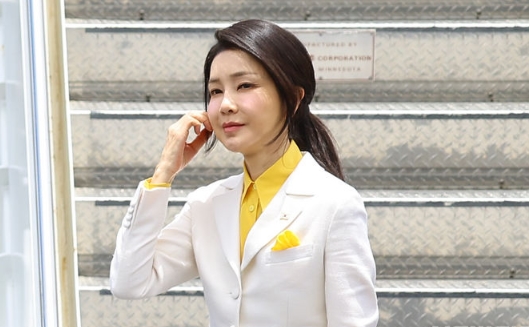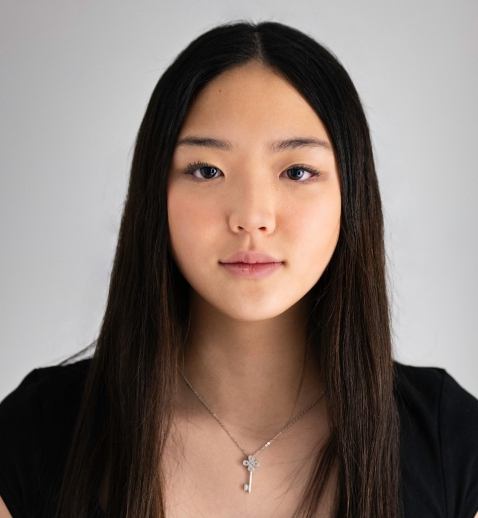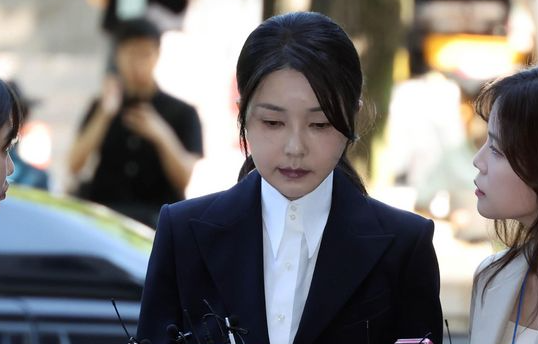
This article covers an unprecedented legal case involving former First Lady Kim Keon-hee, who now faces criminal indictment. The story highlights broader questions of accountability, gender, and the role of power in South Korean politics.-Editor’s Note

With South Korea still reeling from political turmoil, a new chapter in the nation’s history is unfolding. Kim Keon-hee, the country’s former First Lady, has become the first in her position to face criminal indictment. The charges are bribery, stock fraud, and corruption. It has put South Korea into a national debate about accountability, gender, and power.
Kim, the wife of President Yoon Suk Yeol, was indicted last week following months of investigation by special prosecutors. She is accused of accepting bribes and engaging in stock manipulation during her time as First Lady. The probe also ties her to Yoon’s failed attempt to impose martial law before his removal from office, an episode that shook South Korea’s democracy. Former Prime Minister Han Duck-soo has also been charged in connection with the scandal.
“This is uncharted territory for South Korea,” said Professor Lee Ji-won, a political science expert at Korea University. “No First Lady has ever been indicted before. It signals that the country’s legal system is willing to go where it never has.”
The case has expanded beyond politics into religion. Investigators alleged that the Unification Church, a religious movement long entangled with South Korean politics, played a role in bribing both Kim and key lawmakers. The church has denied the accusations, calling them “politically motivated attacks.” Still, the charges against Kim have stirred widespread public anger. Many South Koreans see the scandal as yet another sign of corruption at the highest levels of government.

Kim Keon-hee’s downfall is all the more striking when compared with the women who paved the way in South Korean politics. In 2013, Park Geun-hye became South Korea’s first female president, though she too was impeached and jailed for corruption. Louise Yim, one of the first women elected to the National Assembly in 1948, also became South Korea’s first female minister. Lee Tai-young, the nation’s first female lawyer, founded its first legal aid center and fought tirelessly for women’s rights. Hwang Yun-suk broke barriers as the first female judge in 1954, while Chang Sang was nominated in 2002 to become the country’s first female prime minister, though the National Assembly ultimately blocked her appointment.
“South Korean women have fought hard for representation in law, politics, and leadership,” said historian Kim Hye-ran. “Kim Keon-hee will be remembered very differently, but her case still shapes how society sees women in power.”
Public opinion remains divided. Some believe Kim is being unfairly targeted because of her gender and her husband’s failed presidency. Others see her indictment as a long-overdue step toward accountability. “I don’t think she should be treated differently because she’s a woman,” said Park Min-jung, a university student in Seoul. “If she committed crimes, she should face the consequences just like anyone else.”
The trial is expected to begin later this year and could last months. If convicted, Kim could face a prison sentence which makes her not just the first indicted First Lady, but potentially the first to serve jail time. Observers say the case could redefine the role of First Ladies in South Korea, who have traditionally been seen as symbolic rather than political figures. “The message is clear,” Professor Lee added. “No one is above the law, not even those closest to the president.”
<Student reporter Chloe Im>La Canada High School, cim29@mylcusd.net








